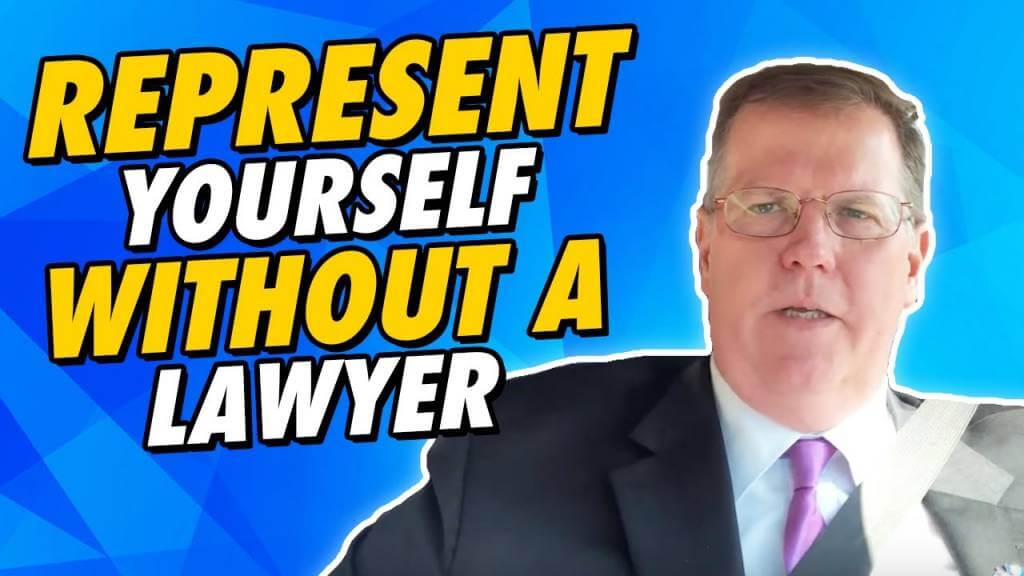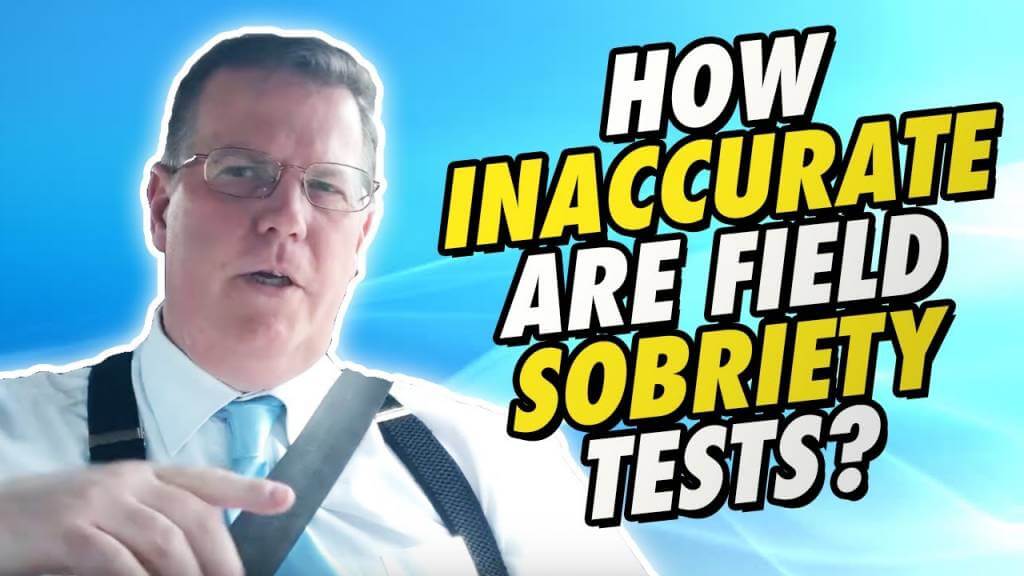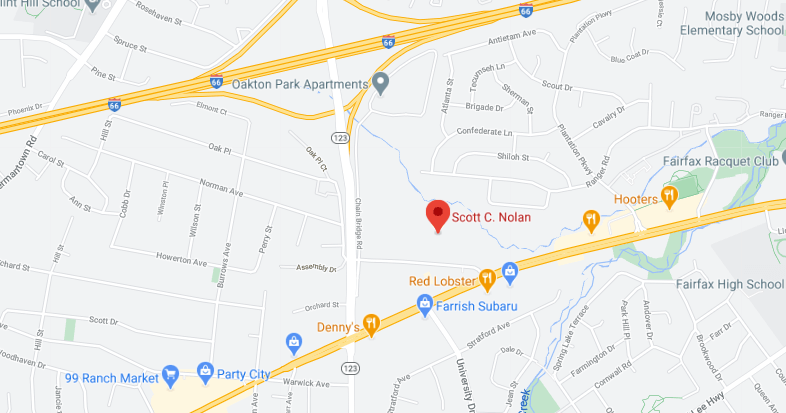
Should You Let An Officer Search Your Car?
You’re at a simple traffic stop and the police officer says to you, “Can I search your trunk?” What do you say?
I’m Northern Virginia Criminal Defense Attorney Scott Nolan and I want to talk to you about your fourth amendment’s rights. I’ve already talked about how important your first amendment rights are: the right to remain silent. The right not to tell the police everything they want to know.
The right against unreasonable search and seizure
Now, I’m going to tell you about an equally important right: the right against unreasonable search and seizure. You do not have to tell the police what is in your trunk, in your purse, in your backpack, or in your pocket, and you do not have to allow them to search.
When can the police search you?
There are very limited circumstances under which a police officer can search you without your permission, and you should never ever give that permission. If they do have the authority to search you without your permission, they’re going to make it clear that you must permit them to search. In fact, they won’t ask you. They would simply start searching.
If you’re being asked that means they don’t have the authority. And the answer should always be no, one hundred percent of the time, no matter how innocent you are.
The police can search you if they have a search warrant. They can search you if they have probable cause to believe that you have committed a crime. And they can search you if they have a reasonable belief.
They can search your outer clothing only, by the way. Not your purse, not your backpack in the car, not your trunk, just you personally. They can pat down your outer clothing if they have a reasonable fear for their own safety. That’s the end of the story.
If you’re in a traffic stop
Let’s say you’re in a traffic stop. You’re belted into your car and they want to look into your trunk and through your backpack and your briefcase. They don’t have that authority and when they ask, your answer should always be no.
What happened to one of my clients
A client of mine was recently pulled over for a broken taillight. He had previously been convicted of a drug charge. He was out on probation, and being convicted of anything new could get him in a lot of trouble. Not a broken taillight. A broken taillight is just a tail light charge.
But, the police officer said, “Can I search your car and this guy said, “Yeah, go ahead.” Well, guess what? They found drug paraphernalia. They found all sorts of incriminating evidence and now he’s going back to court on a probation violation, which might send him to jail. In fact, it might send him to a lot of jail time because he had a lot of suspended jail time in that previous drug charge.
The police would have found none of this at a traffic stop if he had not said, “Yes, go ahead.”
The intimidation factor
When there’s a person with a gun and a badge and a lot of authority in front of you, it can be hard to say, “No officer, you cannot search me.” But, remember they’re asking for a reason and the reason is they don’t have permission. They don’t get to search you.
Why not let them search you?
Why wouldn’t you let them search if you know there’s nothing in your car? Well, do you really know? This car I’m driving is my car. I’m usually the only person who drives it. Sometimes my friends are in it. Sometimes my kids are in it. Sometimes even my wife. I don’t know what’s in this car.
I park my car in front of my house. How do I know what’s been in it? I haven’t always owned this car. How do I know with one hundred percent certainty what’s in it? The real question is, “What good is going to come from saying yes?” Do you think the officer is going to like you more and therefore take it easier on you?
Just say no
No way. This is a job to him or her. He doesn’t care about you personally one way or the other. The officers are just doing their job and their job is to ask, “Can I look?” So say, “No.”
If you have any questions about your fourth amendment rights or you would like to talk to me about any other area of the law, pick up the phone. I’ll be happy to talk to you.











